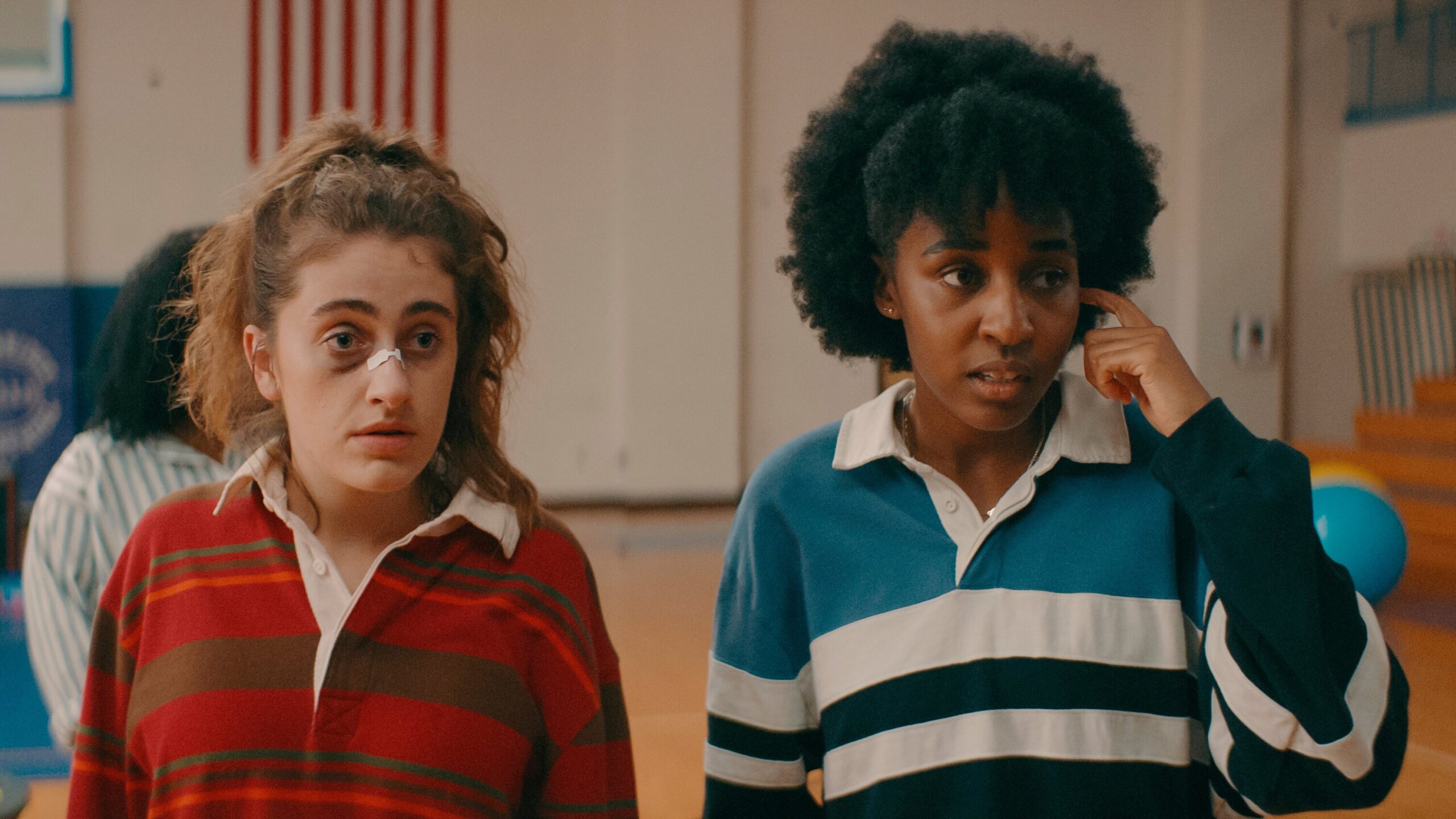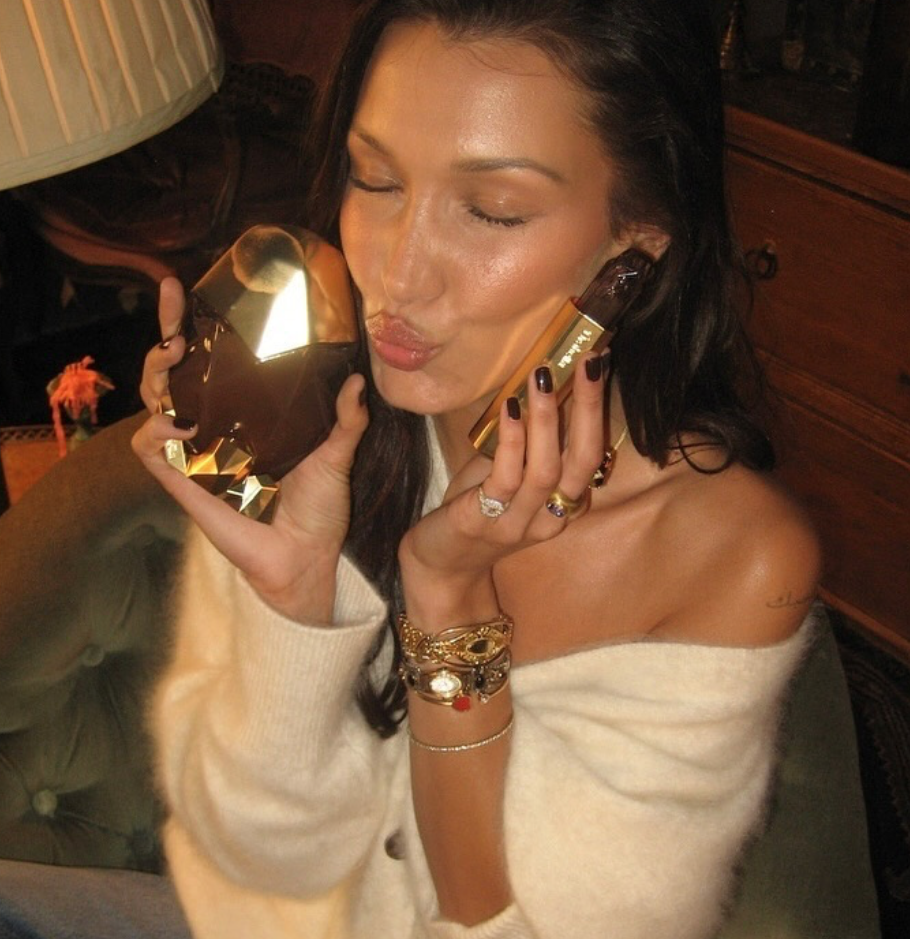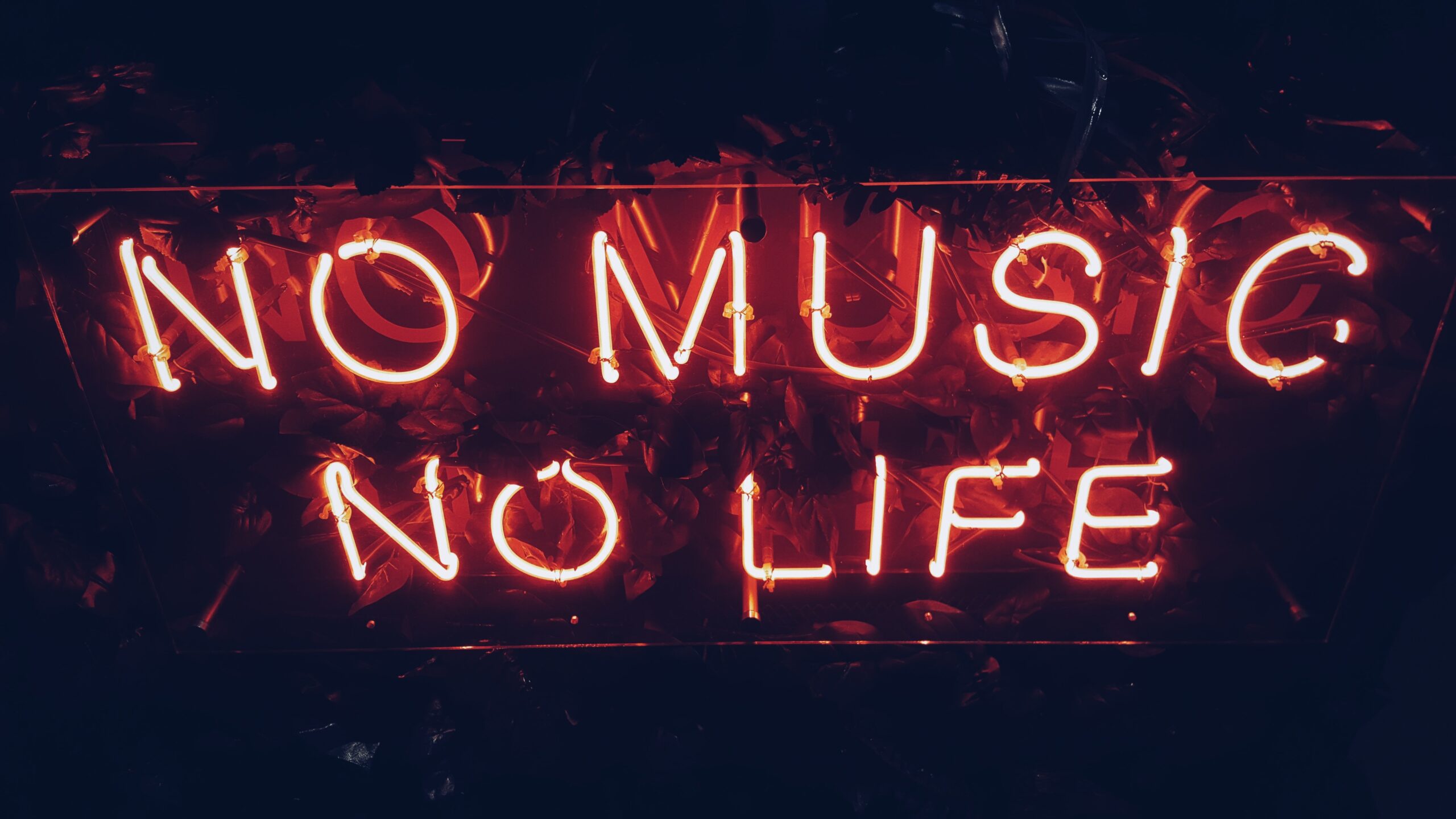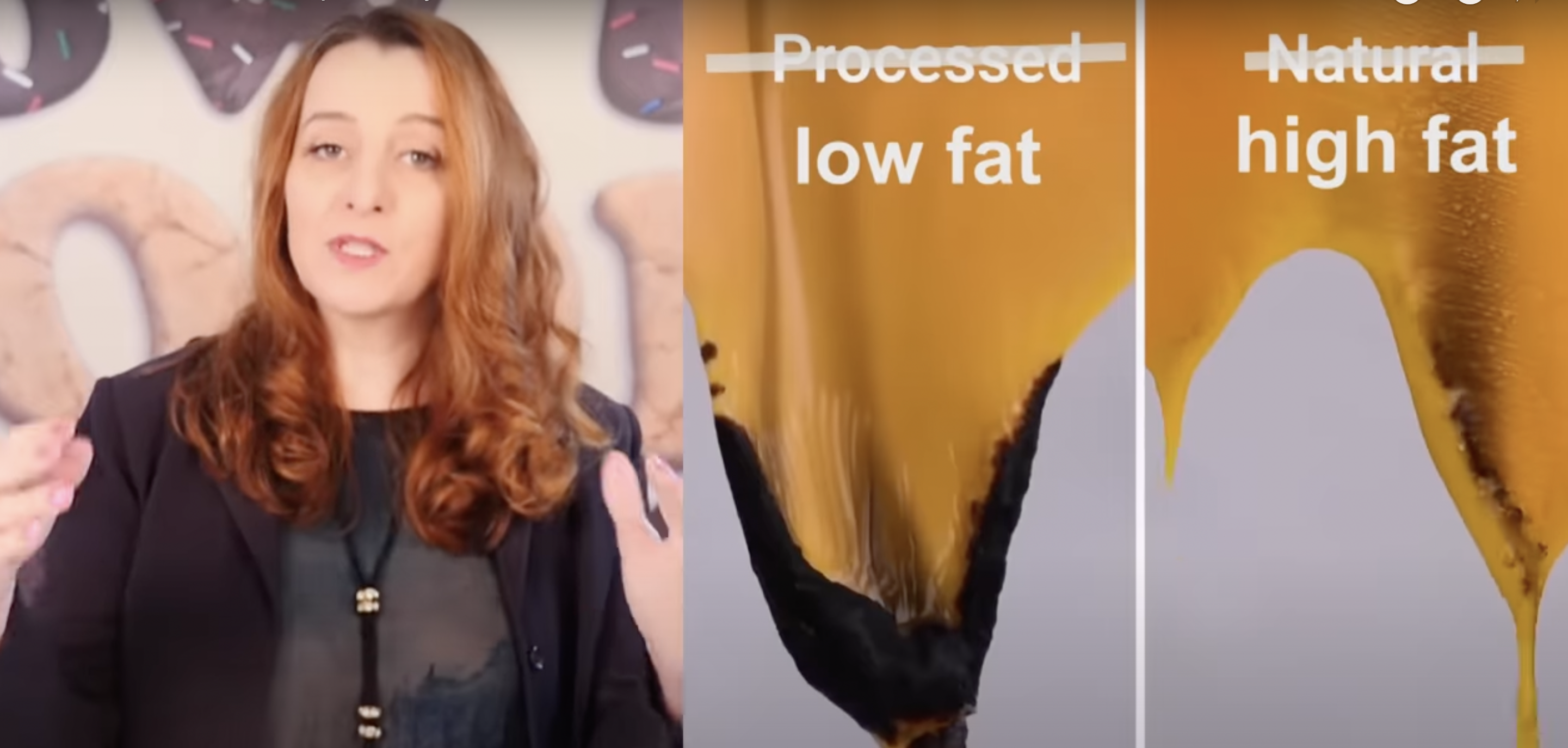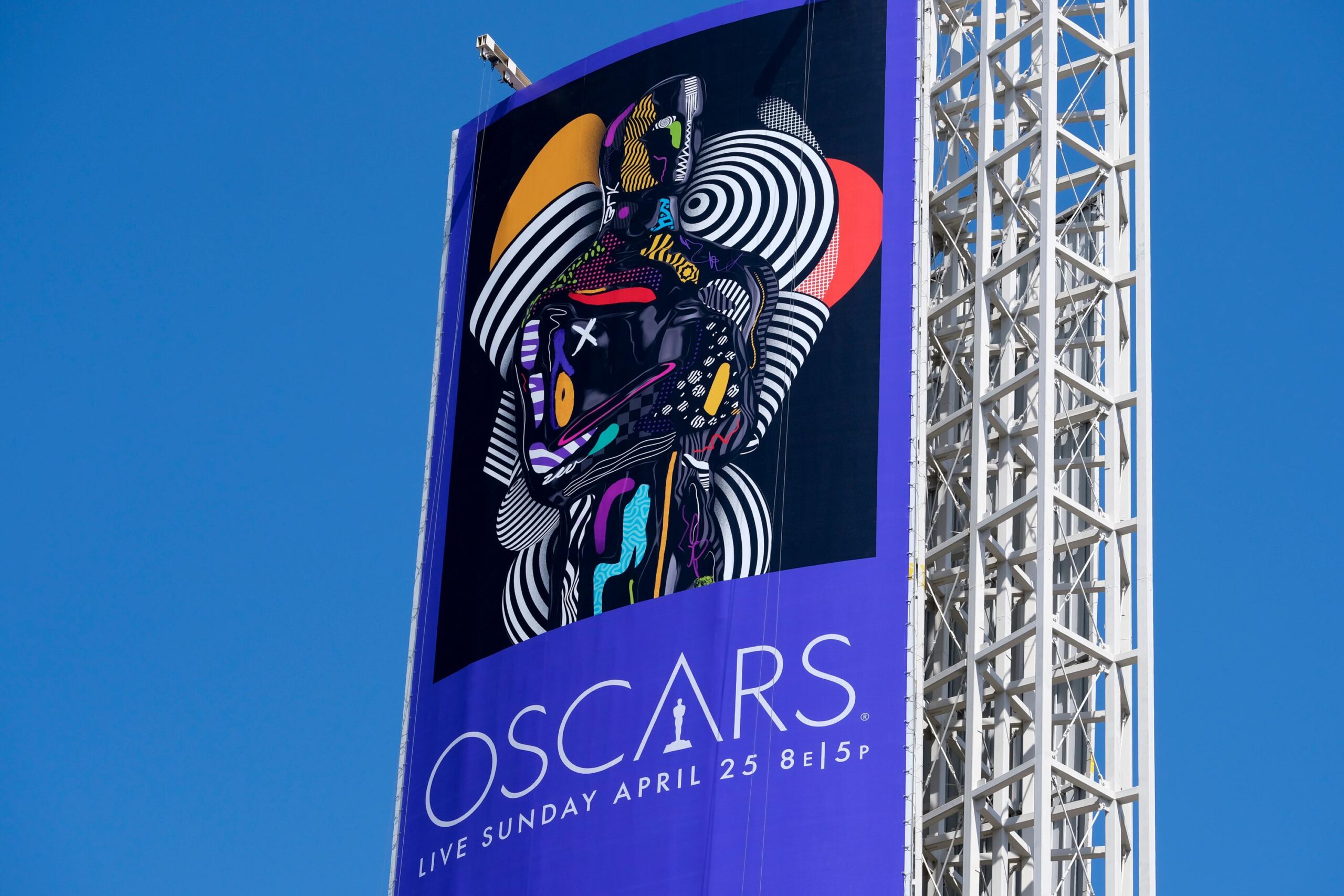
The most popular modern documentaries oftentimes feel like a bastardization of reality TV.
Netflix’s wildly successful Tiger King, for instance, crafts a spiraling narrative around the subculture of American big cat collectors, turning two of the community’s most prominent players—Joe Exotic and “That B*tch” Carole Baskin—into larger than life characters. It’s incredibly entertaining, but the obvious directorial influence on the subjects makes it hard to categorize as entirely truthful or non-sensationalist. Then again, Tiger King‘s goal isn’t to inform. It’s to entertain.
In that regard, TFW NO GF—Alex Lee Moyer’s debut documentary profiling disenfranchised young men who frequent 4chan—is the polar opposite of most modern documentaries.
4chan, of course, is the infamous, anonymous imageboard where many of the Internet’s most prevailing memes have originated. Many people who don’t use 4chan, and who are unfamiliar with Internet culture in general, think of 4chan as a lawless wasteland full of hackers and alt-right racists/sexists/homophobes, but that assessment isn’t necessarily accurate. In reality, 4chan contain tons of sub-forums dedicated to all sorts of topics, and while there’s definitely an undercurrent of racist/sexist/homophobic sentiment in certain sub-forums (as tends to be the case in many online spaces that allow anonymous posting), that’s not necessarily representative of the user-base as a whole. There are plenty of interesting discussions, useful information, and philosophical debates on 4chan, too. In short, 4chan has a lot more variation than a lot of people think.
Moyer crafts her documentary with a sensitivity rarely seen when approaching such topics. The footage consists almost entirely of the various interviewees monologuing about their first-hand experience with 4chan, along with the juxtaposition between their real lives and their online personas. Filmed footage is occasionally intercut with animated memes or tidbits of background information. No matter what her subjects say or do, there’s no overt sense of judgment or guidance towards an intended narrative conclusion. Quite simply, TFW NO GF is an introspective, humanizing glance into the lives of people who are largely alienated from and reviled by society at large.
One could easily argue that such a backseat stance is, in and of itself, objectionable; The question, then, would be: Why is it objectionable to feel empathy for someone whose beliefs run contrary to your own?
TFW NO GF
Loosely speaking, the TFW NO GF (which stands for “that feeling when no girlfriend”) documentary hinges on the memetic popularity of Wojak—an MS Paint drawing of a sad bald man that has formed the basis for hundreds of thousands of variant memes spread across imageboards for the past decade—alongside everything he represents. Evan Waverly (known online as Kantbot), a prominent figure in 4chan-adjacent communities who features prominently in the documentary, best expresses the core sentiment beneath layers of self-aware irony:
“You can’t make a movie about just a meme. You have to look below the surface. There’s a dichotomy…You have the Pepe and you have the Wojack. The Pepe is sort of like your troll self, it’s your public persona, it’s like you being cocky and saying all this crazy sh*t and being smug and being ironic and getting under people’s skins…And then on the other half, we all have the Wojack who’s like our private selves, who isn’t like that at all, who’s very depressed, who feels inadequate, who can’t fulfill his own goals, who has all these feelings he can’t manage.”
Speaking as someone who grew up hanging out on Internet message boards (4chan included), I can personally attest to the truth of Kantbot’s assessment. When people in the mainstream media talk about 4chan, they tend to imbue it with an air of dark mystique, as if 4chan is a secret Internet society rife with unprecedented danger, lurking beneath the white picket fences of Facebook, Amazon, and whatever other sites middle-aged people think are safe. This is the exact kind of outlook epitomized by “The hacker known as 4 Chan” meme, and while it’s funny to laugh about newscasters’ ham-fisted attempts at sensationalism, it also serves to further stigmatize people who are already deeply misunderstood.
Alienated White Men Are Not a Monolith
The truth is that 4chan is, and always has been, a place where people who feel isolated and unwanted by the rest of society can find communities full of other people who share similar experiences. For most people who have never experienced extreme levels of depression and social alienation, or dealt with the reality of being autistic, or failed to understand how to navigate common social situations no matter how much they want to, maybe it’s hard to grasp how nice it is to talk to other people who actually, genuinely know what that feels like.
At one point in TFW NO GF, Kantbot mentions that he frequently receives DMs on Twitter from other young men in the community who just want to share their personal stories and struggles, oftentimes talking about abuse or coping with mental and emotional issues. Many of the people in these communities, at their core, just want to feel listened to and connected with someone else who understands them.
Yes, there are bad faith actors, and yes, there’s a lot of toxicity in many of these online spaces. None of this is to say that racist/sexist/hateful ideologies, to the extent that certain community members actually hold them, are justifiable or correct. But at the same time, embracing offensive humor that bites back against a society you feel rejected from can feel like a means of gaining some semblance of control over your position in the world, and not everyone in these spaces is necessarily actually some racist, sexist monster. Moreover, making posts about depression and mental health alongside dark, offensive humor, all through the guise of irony, can oftentimes be the easiest way to talk about deeply personal issues, especially in a society where men are, by-and-large, taught to bottle up their emotions.
Alongside Kantbot, TFW NO GF follows a few other young men who spend the bulk of their time in very online spaces. All of them share a few things in common, namely the fact that they’re all white, they all appear to come from poor socioeconomic backgrounds, and they’re all clearly intelligent but lacking social skills. That’s not to say every single person on 4chan or 4chan adjacent spaces fit these criteria, but they do likely make up a large portion of the userbase. This is important to mention because, as controversial as it is to say (and believe me, I’m a professional Internet writer, I know), poor, socially awkward, potentially autistic white men occupy a very precarious position in modern society.
On Intersectionality and White Men
Social movements geared towards equality for various non-white male groups (women, POC, LGBTQ+, etc.) typically uphold the concept of intersectionality. Boiled down, intersectionality is the idea that “privilege” exists across a number of different spectrums and applies differently in different contexts. As a classic example, a white woman is more likely to be let off with a warning when pulled over by the cops than a black man, whose life might even be at risk in the same exact scenario where both parties were pulled over for the exact same thing. Therefore, in this scenario, the white woman is benefiting from “white privilege.” The discussion of white privilege is, no doubt, an important one for understanding and combating deep-seated systemic racism in society. It’s also a useful tool for grasping the myriad ways in which whiteness has historically and oftentimes continues to benefit white people (and, most prominently, white men) at the expense of others in modern life.
But when it comes to white men, intersectionality oftentimes seems forgotten. Poor, socially alienated white men might be benefitting from “white privilege” in a conceptual sense, but that doesn’t mean they live “privileged” lives. Money carries privilege. Social skills carry privilege. Being considered neurotypical carries privilege.
To be clear, I think that a lot of the time these disconnects come from a place of terminological misunderstanding. Education carries privilege, too, and not just in an academic sense. I realize this is anecdotal, but the personal views and beliefs I hold now are very different from the views I held growing up in a conservative household and spending most of my free time on Internet forums as a socially alienated teenager with (as of then undiagnosed) autism. The difference is that I had the benefit of going to college and meeting friends from many different backgrounds who were willing to calmly, kindly, non-judgmentally discuss big picture social ideas with me. The fact that I’ve learned enough terminology and perspective to engage in conversations at many different tables is also a type of privilege.
Throughout TFW NO GF, one of the most common sentiments expressed by the young men being profiled was their sense of being isolated in their small towns with no attainable prospects of finding meaningful work or moving somewhere else or making connections with other people in real life. They’re bored, lonely, and unfulfilled, and worse, that reality seems inescapable to them.
Point being: A lot of people don’t have this benefit of terminological familiarity through the type of in-person discussions that take place when people have the privilege to go to college and meet diverse groups of people in real life. So when a white man who doesn’t feel privileged in life enters a conversation from a place of good faith and is subsequently made to feel like all of his personal struggles are simply being written off as “white privilege,” this breeds bitterness, resentment, and further alienation.
Again, that’s not at all to say that “white privilege” doesn’t exist–but rather that if we ever hope to live in a world where it doesn’t, then we need to start approaching people as individuals and not forgetting to recognize the elements of intersectionality that lead to substantial hardships for everyone, white men included. If the ultimate goal is to reach common understanding between people who, on the surface, have differing viewpoints and lived experiences, we need to come from a place of empathy. Recognizing privilege should not be equivalent to putting other people into reductive, labeled boxes.
I’ve run in a lot of different circles in my life. I know tons of feminists and hardcore leftists who are nothing close to “SJW” stereotypes, and I know a good number of internet sh*tposters who are great people. Human connections with people from diverse groups is a surefire path to progress, but those human connections require parsing individuals from categories. The human element needs to come first. That’s the whole point of empathy.
- Amazon’s SXSW Virtual Collection Launches With 39 Films, 9-Day … ›
- SXSW 2020: TFW NO GF — A Visually Innovative but Narratively … ›
- TFW No GF | Film Threat ›
- SXSW FILM REVIEW: ‘TFW No GF’ Looks Inside Incels and Troll … ›
- The SXSW Film Festival is entirely online this year. Here’s what to … ›
- SXSW: “TFW No GF” Is a Surface-Level Look at Internet Trolls | The … ›
- I tweeted something critical about new incel documentary TFW NO … ›
- TFW NO GF with Filmmaker Alex Lee Moyer — Other Life – YouTube ›

